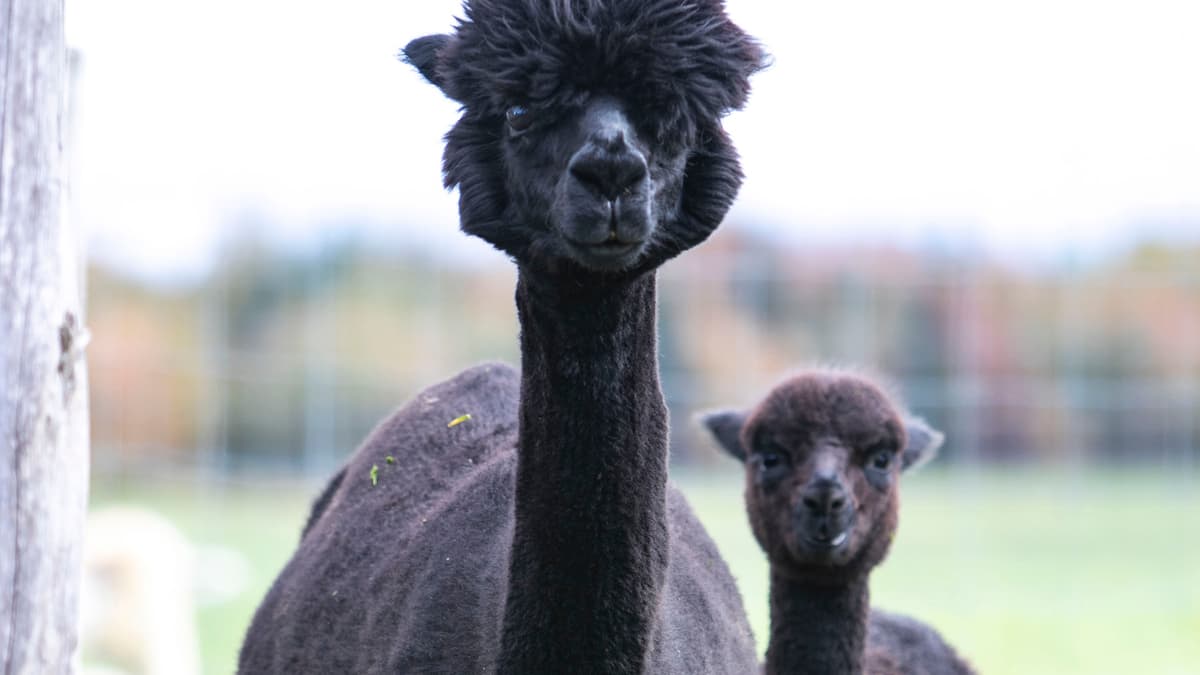
The US Department of Agriculture announced, on Tuesday, the discovery of cases of bird flu in alpacas on a farm in the northwestern United States, where this virus is spreading on farms in the United States and two human cases of infection have been recorded there.
The National Veterinary Services Laboratories (NVSL) has confirmed the detection of a highly pathogenic variant of avian influenza – HPAI H5N1 – “in alpacas at facilities where poultry infected with avian influenza were removed in May 2024,” the ministry noted in a press release.
This is the first time the virus has been detected in alpacas, the press release stated.
This camel, native to the Andes, is bred for its wool.
In recent years, the HPAI H5N1 variant has been found in more than 50 species of animals, including since March in cattle farmed in the United States.
About 50 herds have been affected in the country and two human cases of infection have been reported. The two diagnosed individuals, both farm workers, experienced mild symptoms, such as conjunctivitis.
Experts are concerned about the growing number of mammals infected with the disease, although cases in humans remain rare.
There is no evidence of human-to-human transmission at the present time, but scientists fear that the high rate of spread may facilitate a mutation in the virus that allows it to transmit from one human to another.
The World Health Organization (WHO) expressed “grave concern” in mid-April about the increasing spread of bird flu into new variants.






